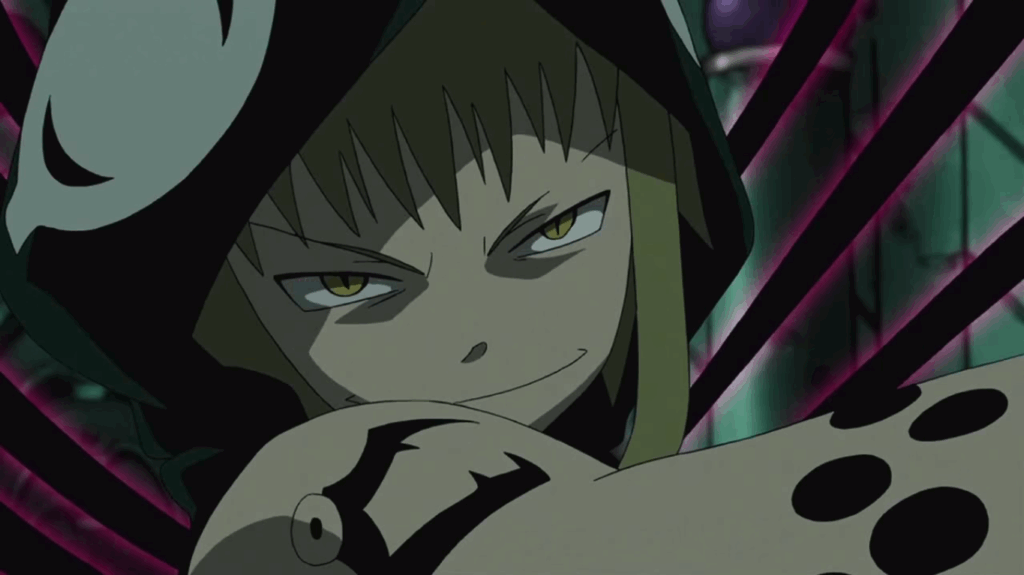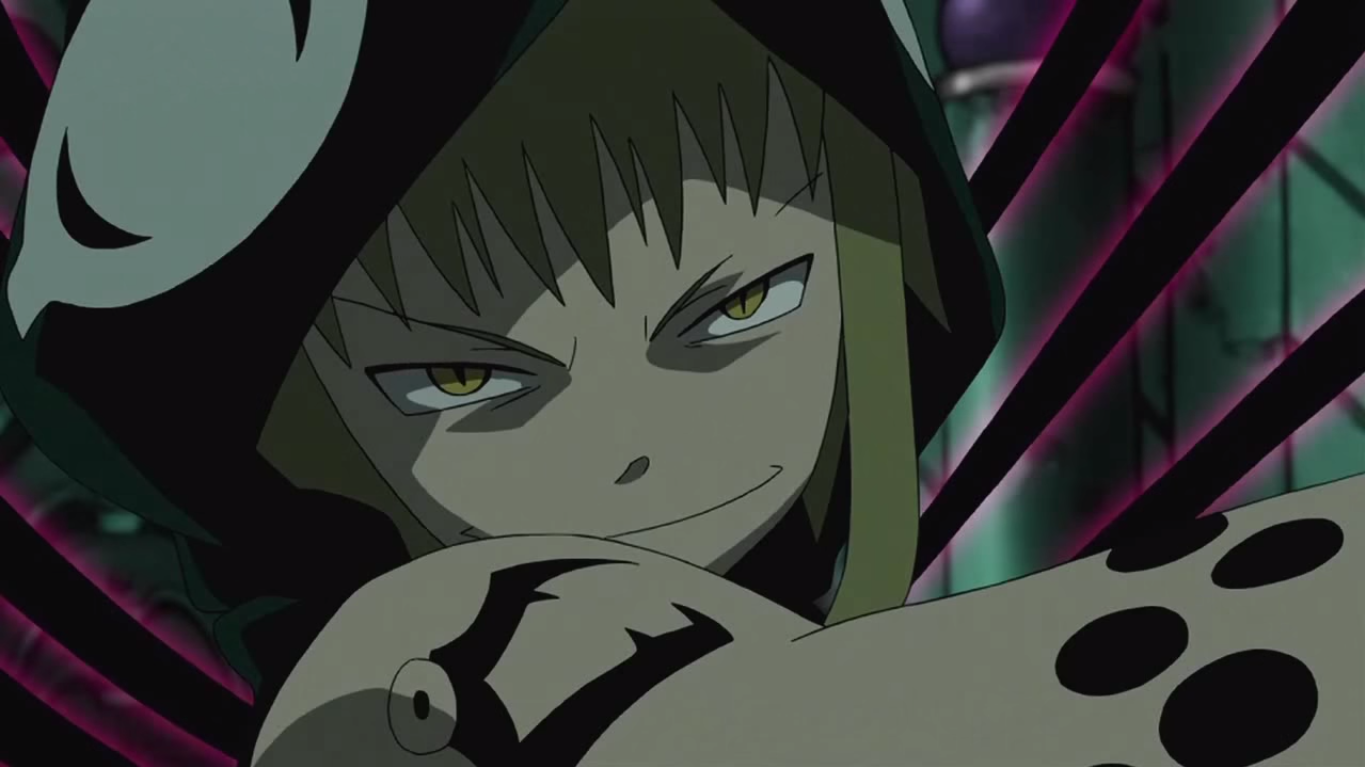
Medusa Gorgon in Anime: Exploring the Mythical Monster’s Adaptations
The figure of Medusa Gorgon, the snake-haired monster from Greek mythology, has captivated imaginations for centuries. Her story, a tragic tale of beauty turned to horror by Athena’s curse, resonates with themes of power, betrayal, and monstrous transformation. In recent decades, Medusa’s image has found a new life in anime, adapted and reimagined in various forms. This article delves into the different ways Medusa Gorgon has been portrayed in anime, exploring her character, her powers, and the cultural significance of her continued presence in modern media.
The Allure of Medusa: Why Anime Embraces the Gorgon
Anime’s fascination with mythological creatures is well-documented. From dragons and demons to gods and spirits, anime frequently draws inspiration from folklore and legends across the globe. Medusa Gorgon, with her striking appearance and tragic backstory, provides fertile ground for creative exploration. Her ability to turn people to stone offers a visually compelling power, while her history provides opportunities for complex character development. The duality of Medusa – both beautiful and terrifying – makes her a compelling figure for anime creators to explore.
Visual Appeal and Symbolic Representation
The visual impact of Medusa is undeniable. Her serpentine hair, often depicted as a writhing mass of individual snakes, is both grotesque and mesmerizing. Anime artists have embraced this aspect of her design, often exaggerating the snakes to create a truly terrifying or, conversely, a surprisingly beautiful effect. The snakes themselves can be imbued with symbolism, representing chaos, danger, or even repressed emotions. The petrification gaze, another key element of Medusa’s power, provides an opportunity for dramatic visual storytelling. The transformation of a character into stone can be a powerful metaphor for emotional paralysis, loss of agency, or the consequences of unchecked fear.
Narrative Potential and Character Depth
Beyond her striking appearance, Medusa’s story offers rich narrative possibilities. Anime often explores themes of transformation, redemption, and the complexities of good and evil. Medusa’s curse and her subsequent monstrous existence provide a compelling framework for exploring these themes. Some anime portray Medusa as a sympathetic figure, a victim of circumstance who deserves understanding and even redemption. Others depict her as a fearsome antagonist, a force of destruction driven by rage and resentment. Regardless of the specific interpretation, Medusa offers a wealth of narrative potential for anime writers.
Notable Anime Adaptations of Medusa
Several anime series have featured Medusa Gorgon in prominent roles, each offering a unique take on the mythical figure. Here are a few notable examples:
- Soul Eater: In Soul Eater, Medusa Gorgon is a powerful and cunning witch, serving as a major antagonist. She is depicted as manipulative and ruthless, using her scientific knowledge and magical abilities to achieve her goals. Her snake-themed powers are prominently featured, and her character embodies the darker aspects of the Medusa myth.
- Fate/stay night: The Fate series features Rider, a Servant whose true identity is Medusa. In this adaptation, Medusa is portrayed as a tragic figure, haunted by her past and struggling to overcome her monstrous nature. Her petrification gaze and other abilities are key aspects of her combat style.
- Saint Seiya: While not a direct adaptation, Saint Seiya features characters and creatures inspired by Greek mythology, including Gorgons. The influence of the Medusa myth is evident in the design and abilities of certain characters.
Soul Eater’s Medusa: A Study in Villainy
Soul Eater’s portrayal of Medusa Gorgon is particularly noteworthy. She is not simply a monster; she is a complex and intelligent villain with clear motivations. Her scientific background allows her to manipulate souls and experiment with dangerous technologies, making her a formidable opponent. Her snake-themed magic adds a visual flair to her battles, and her manipulative personality makes her a master strategist. This version of Medusa embodies the darker aspects of the myth, highlighting the dangers of unchecked ambition and the corrupting influence of power. Her schemes and manipulations drive much of the plot, making her a central figure in the series’ overarching narrative. [See also: Soul Eater Anime Review]
Fate/stay night’s Rider: A Sympathetic Gorgon
In contrast to Soul Eater’s villainous Medusa, Fate/stay night’s Rider offers a more sympathetic portrayal. While still possessing the power to turn people to stone, this version of Medusa is presented as a tragic figure, burdened by her monstrous form and her past experiences. She is often depicted as quiet and reserved, struggling to reconcile her inner self with the expectations placed upon her. Her relationship with her Master, Sakura Matou, is a key aspect of her character development, as she seeks to protect Sakura from the dangers of the Holy Grail War. This adaptation explores the themes of redemption and the possibility of overcoming one’s monstrous nature.
The Enduring Appeal of Mythological Monsters in Anime
The continued presence of Medusa Gorgon and other mythological monsters in anime speaks to the enduring power of these ancient stories. These figures provide a rich source of inspiration for anime creators, allowing them to explore complex themes and create visually stunning narratives. The adaptation of mythological creatures allows anime to connect with a wider audience, tapping into a shared cultural heritage and exploring universal themes of good and evil, love and loss, and the struggle for identity. The flexibility of anime allows for diverse interpretations of these figures, ensuring that they remain relevant and engaging for new generations of viewers.
Adapting Ancient Myths for Modern Audiences
Anime’s ability to reinterpret and adapt ancient myths for modern audiences is a key factor in its success. By blending traditional folklore with contemporary storytelling techniques, anime creators can create narratives that are both familiar and innovative. The visual medium of anime allows for a dynamic and expressive portrayal of mythological creatures, bringing them to life in ways that were previously unimaginable. The exploration of complex themes and character development adds depth and nuance to these stories, making them resonate with viewers on a deeper level. The story of Medusa Gorgon, with its themes of betrayal, transformation, and the struggle against fate, continues to captivate audiences in its anime adaptations.
The Future of Medusa in Anime
As anime continues to evolve and explore new creative avenues, it is likely that Medusa Gorgon will continue to appear in various forms. Future adaptations may delve deeper into her backstory, explore her motivations in greater detail, or offer entirely new interpretations of her character. The possibilities are endless, and the enduring appeal of the Medusa myth ensures that she will remain a compelling figure in the world of anime for years to come. The exploration of her powers, her relationships, and her place in the mythological landscape will continue to fascinate viewers and inspire creators alike. [See also: Top 10 Anime Villains]
Conclusion
Medusa Gorgon‘s presence in anime is a testament to the enduring power of mythology and the creative potential of the medium. From villainous witches to tragic heroines, the various anime adaptations of Medusa offer a diverse and engaging exploration of this iconic figure. Her striking appearance, her tragic backstory, and her powerful abilities make her a compelling character for anime creators to explore. As anime continues to evolve, it is likely that Medusa Gorgon will remain a prominent figure, captivating audiences with her beauty, her horror, and her enduring appeal. The story of Medusa serves as a reminder of the power of myth to inform and inspire our imaginations, and the ability of anime to bring these ancient stories to life in new and exciting ways.

